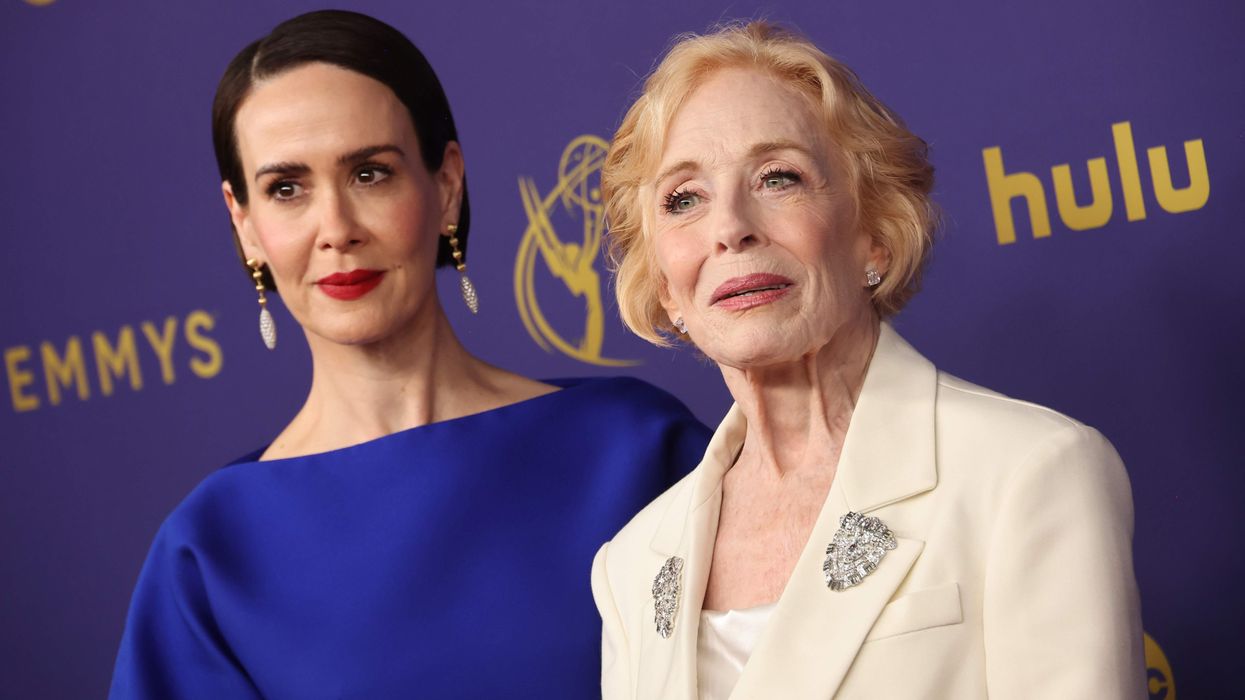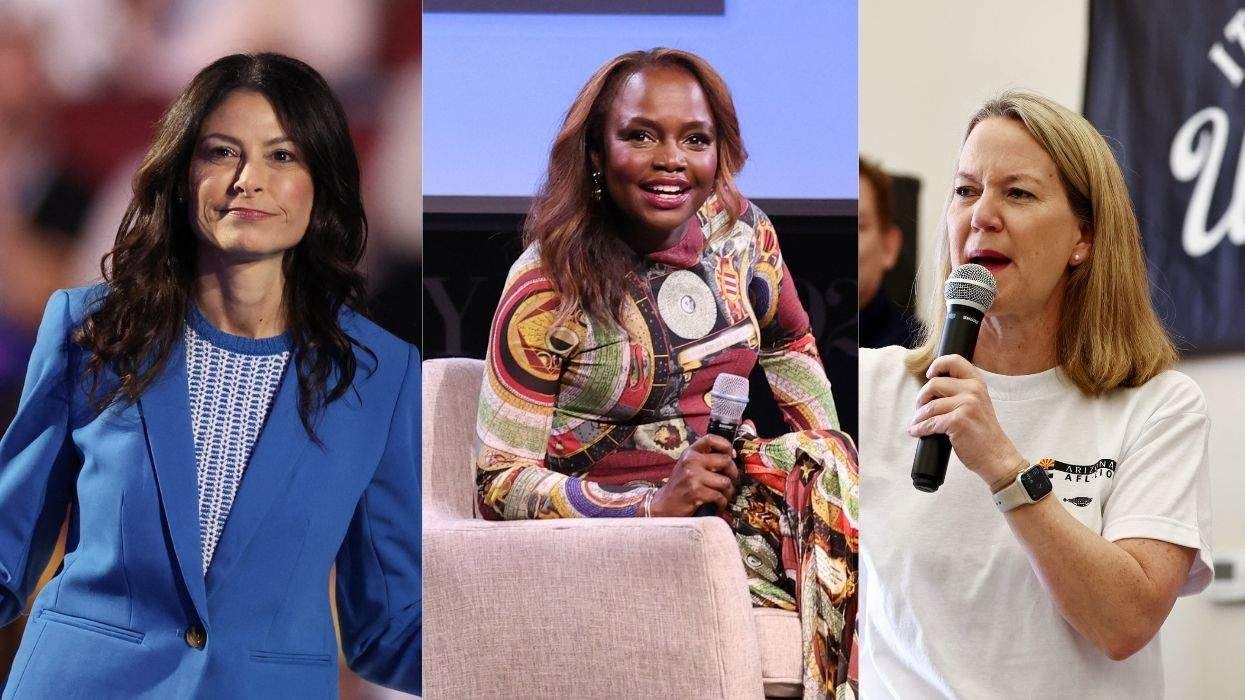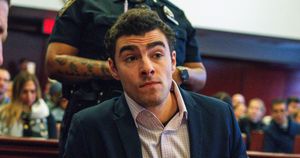Republican John
McCain proved he is not just the darling of independents.
In a presidential
primary closed to all but registered Republicans in
Florida, the Arizona senator rolled past Mitt Romney, a
former Massachusetts governor.
''Thank you,
Florida Republicans, for bringing a former Florida resident
across the finish line first in -- as I have been repeatedly
reminded lately -- an all-Republican primary,'' McCain
told cheering supporters Tuesday night in Miami.
Florida was the
first test of how McCain and Romney might fare in a large
and hugely diverse battleground state. It sets the stage for
the February 5 Super Tuesday primaries, a nationwide
contest in which more than 20 states hold elections.
Polls in several of the bigger states show McCain
leading among Republican candidates.
In Florida,
McCain won across a broad swath of voters: older people,
veterans, Hispanics, moderates, liberal Republicans, and of
course independents, according to exit polls. And
while Romney and former Arkansas governor Mike
Huckabee shared the lead among born-again Christian
voters, McCain only trailed slightly in those groups.
Florida
Republicans also considered McCain the likeliest Republican
to win the November general election and the one most
qualified to be commander in chief, according to exit
polls for The Associated Press and the television
networks.
It was a crucial
victory for a man long considered a maverick by his
party's establishment. His victories in New Hampshire and
South Carolina carried asterisks because they were
open contests in which he had heavy support from
independents.
''The rap on him
has always been that he might be popular among
independents but not that popular among the people who are
actually going to decide the nomination, and that's
Republicans,'' said Republican consultant Whit Ayres.
''And this victory puts a stake through the heart of
that criticism.''
Yet the race for
the Republican nomination is far from over; the wealthy
Romney has more money than McCain, enough to make it a
two-man contest through February 5.
''But this
victory ought to allow John McCain to raise a lot of money
in a hurry from people who see the train leaving the
station and want to get on board,'' Ayres said.
Until now, the
Republican race had been a muddle, McCain winning New
Hampshire and South Carolina victories, Romney winning his
home state of Michigan, and Huckabee winning Iowa.
Florida ended the
aspirations of Rudy Giuliani, the former New York mayor
who dominated Republican polls throughout 2007 but saw his
lead evaporate once the voting began this month.
Giuliani planned to drop out of the race and endorse
McCain, according to Republican officials.
Giuliani
initially tried to compete in early states -- he spent more
than $3 million on TV ads in New Hampshire and ran
radio ads and sent mail to voters there and in Iowa --
then decamped to Florida last month, where he waited
out the early contests and tried unsuccessfully to hold on
to his lead.
Florida also is a
blow to Huckabee, the former Arkansas governor who won
the Iowa caucuses. The underfunded Huckabee has been unable
to break out beyond his base of born-again Christian
voters and finished second behind McCain in South
Carolina and third in New Hampshire and Michigan. Now
Huckabee is trying to compete in Southern states, such as
Georgia, Alabama and Tennessee next Tuesday.
While Florida is
the fourth-largest state and its Republican electorate
is highly diverse -- young, old, whites, Hispanics,
moderates, conservatives -- a primary victory does not
ensure a general election win.
Primary turnout
is a small fraction of turnout in the general election,
as illustrated by the small percentage of Hispanics, about
one in 10, who voted in Tuesday's Republican primary.
Overall, Hispanics are more than 20% of Florida's
population.
What it insures
is momentum, and for now, momentum is what matters.
The winner of the
Republican primary walks away with all 57 of Florida's
delegates to the Republican National Convention. It's a
small number, considering it takes 1,191 to win the
nomination, but it is the biggest number of delegates
awarded so far.
At some point,
McCain's popularity among independents can be argued as a
general election strength rather than a primary election
liability.
''If you want to
win the White House, you need those people,'' said Rich
Galen, former adviser to Fred Thompson, the actor-politician
who dropped out of the presidential race. ''If I were
McCain's guys, I would be saying this is not a
negative, this is a positive.'' (Libby Quaid, AP)




































































Charlie Kirk DID say stoning gay people was the 'perfect law' — and these other heinous quotes